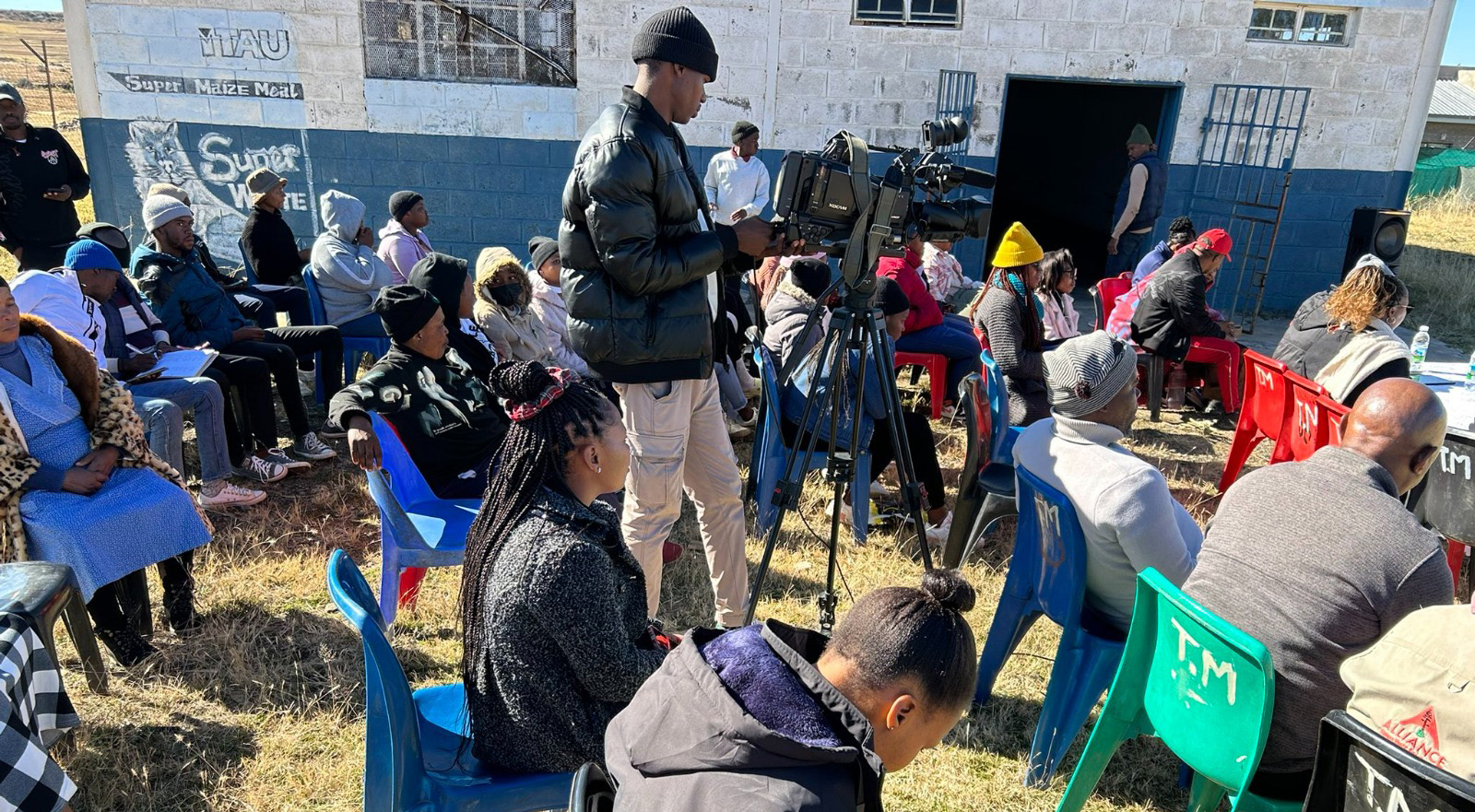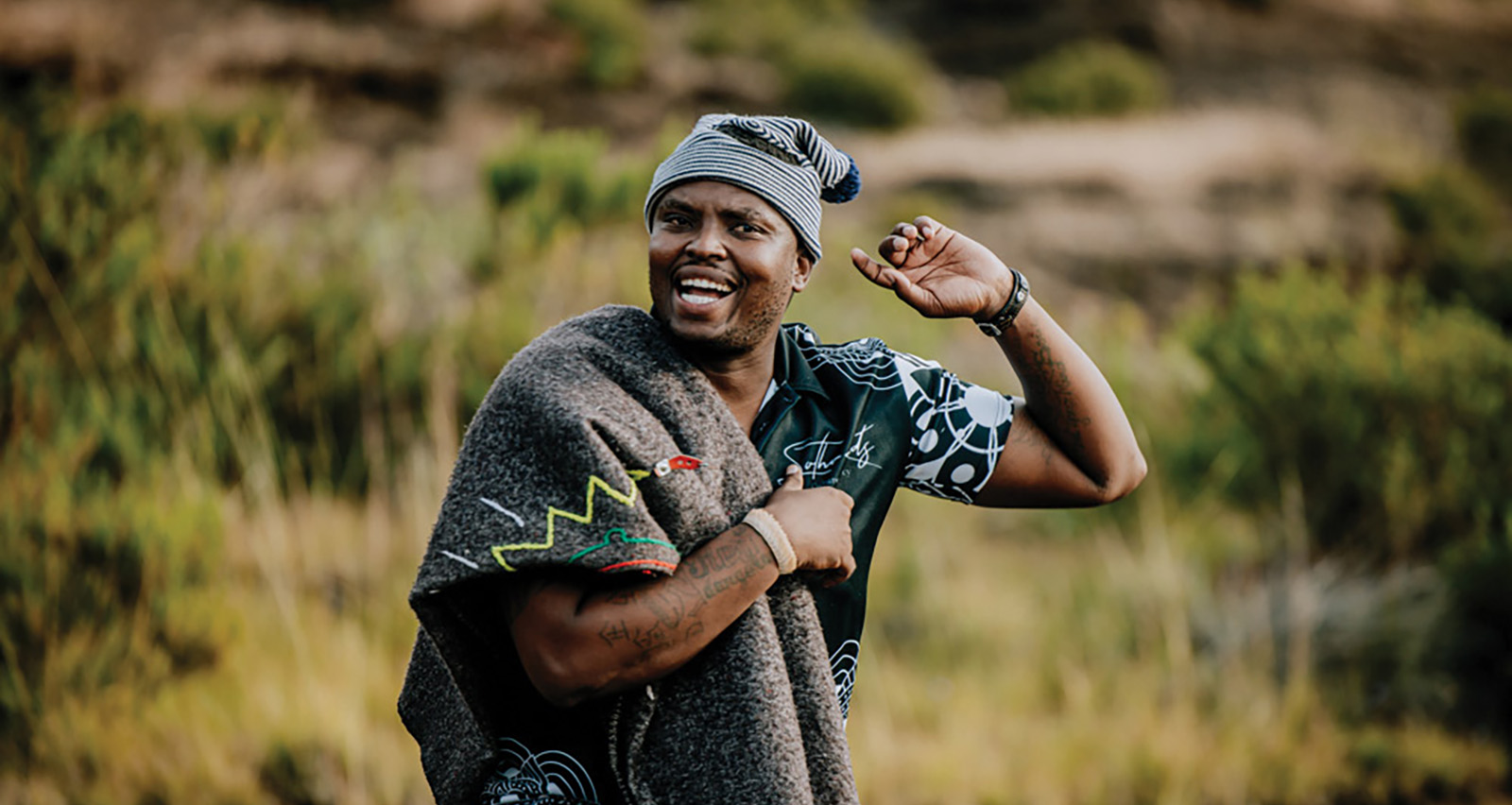WHO declares Mpox a public health emergency

SHARE THIS PAGE!
The World Health Organisation (WHO) has determined that the upsurge of Mpox (Monkeypox) in neigbouring South Africa and a growing number of countries on the continent constitutes a global public health emergency concern.
WHO country representative to Lesotho, Dr Mary Stephen, made these remarks during a media briefing on Tuesday this week.
While Lesotho had not recorded any case of Mpox, Dr Stephen highlighted that the outbreak was spreading regionally, thus urged countries to prepare.
South Africa has so far recorded 24 cases of the disease and three deaths this year, in Gauteng, Mpumalanga and Western Cape provinces.
Dr Stephen pointed out that Mpox is an infectious disease transmitted through direct contact.
She emphasised that the media plays a crucial role in helping stakeholders raise awareness of the spread of Mpox to communities.
She further called on persons who may realise signs of Mpox infection to visit health facilities for emergency attendance.
WHO defines Mpox as a viral illness caused by the monkeypox virus, a species of the genus Orthopoxvirus.
Common symptoms of Mpox are skin rash or mucosal lesions which can last two to four weeks accompanied by fever, headaches, muscle aches, back pain, low energy, and swollen lymph nodes.
According to the organisation, Mpox can be transmitted to humans through physical contact with someone who is infectious, with contaminated materials, or with infected animals. Mpox is treated with supportive care.
Vaccines and therapeutics developed for smallpox and approved for use in some countries can be used for Mpox in some circumstances. It can be prevented by avoiding physical contact with someone who has Mpox. Vaccination can help prevent infection for people at risk.
For her part, acting director general health services, Dr Lucy Mapota, indicated that the infectious disease affects people and animals.
She said people can be infected by Mpox by touching the meat of animals infected by this disease, being bitten by infected animals, or being in affected places.
According to Dr Mapota, Mpox signs and symptoms normally show after five to 21 days of infection.
“Reports indicate that the Mpox outbreak in many countries was in May 2022. These signs can be headache, muscle aches, fatigue, rash that appears all over the lines, inflammation of the glands and too much heat.
“People with chronic diseases should protect themselves because they are at greater risk of developing severe diseases if they are infected with this virus.
“The symptoms take at least two to four weeks before a person recovers while those with weak immune systems can take a longer time to recover,” Dr Mapota noted.
Dr Mapota also indicated that screenings were currently being made at all the border posts for people coming into the country.
“Anyone can be infected with Mpox. It spreads from contact with infected persons, through touching, kissing, when hunting, skinning, or cooking affected meat, contaminated sheets, clothes or needles. Pregnant persons may also pass the virus on to their unborn babies.
“If you have Mpox, stay at home until all scabs fall off and a new layer of skin forms. Cover lesions and wear a well-fitting mask when around other people,” she warned.
During the parliament sitting last week, minister of health, Selibe Mochoboroane assured the country that the were no recorded Mpox infections.
Mochoboroane noted that the government had put in place measures to help detect and quarantine any such people.
He added that his ministry would soon finalise an emergency strategic plan to address the disease.
Information tools on the disease aimed at informing and educating the public about the virus had been finalised and distributed at health centres and different border posts across the country.
Mochoboroane revealed that 200 health workers had been trained on the disease for them to be able to diagnose and treat it immediately.
He also revealed that though the upsurge of Mpox cases worldwide had been announced as a Public Health Emergency of International Concern (PHEIC) by WHO, Lesotho was moderately vulnerable to the disease.
Mochoboroane stated that his ministry would receive recommendations from WHO on how to deal with the disease. That would help the country to prepare beforehand in case the disease invaded Lesotho.
The health ministry is in partnership with other government ministries to map the way forward on how the country could better address this medical emergency.
“The ministries reviewed the country’s vulnerability to Mpox. It was established that Lesotho’s vulnerability to the disease is moderate. Also, during the meeting, the parties also assessed the country’s preparedness in case it is affected by the disease.
“In that case, it was found that our preparedness is at 46 percent which is lower than that of the African average of 52 percent.
“Basotho travelling outside of the country should be vigilant and observe ministry of health guidelines in countries they are travelling to, to avoid contamination and transmission of the disease,” he said.



Cash-strapped LEC hikes staff salaries
11 days ago
Indian businessman claims military base
11 days ago
Lesotho gets Starlink internet access
11 days ago

Communities empowered to protect environment
13 days ago
Alliance boosts MCC fleet
14 days ago
Young people discuss economic future at Taung
15 days ago
CityzeenLs nears 1 million YouTube views
15 days ago